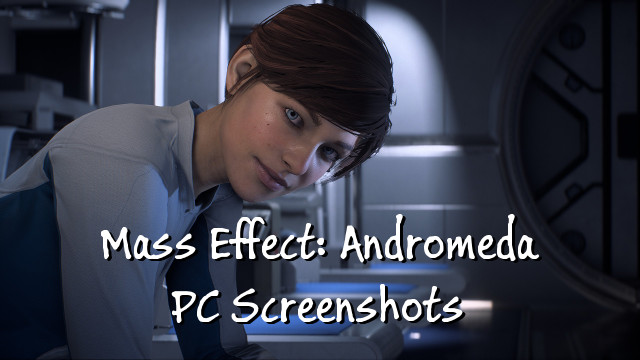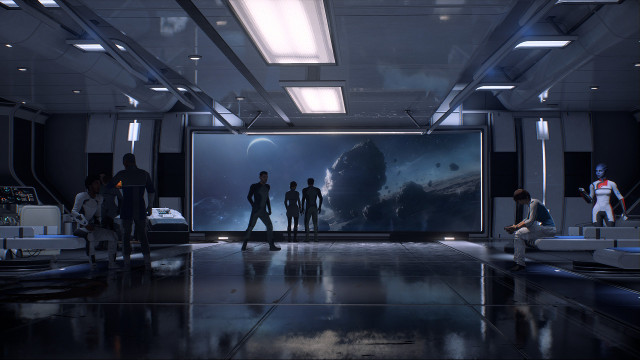I might be a connoisseur of astronomy and sci-fi, but Mass Effect has never made a great impression on me. I enjoyed Mass Effect 2, don't get me wrong, but my interest was built solely on the fun gameplay and character design; I didn't take interest in the other two titles of the original trilogy. Put simply, I wouldn't come close to considering myself a Mass Effect fan.
You could say that I'm well outside of the target demographic of Mass Effect: Andromeda. But for one reason or another, I've found myself increasingly interested in the game the more I play it. At this point I'm puzzled as to why this is the case, but what I can tell you is that the game's superb execution on PC is part of the reason I love it.
You can read Aron Garst's full review of the PS4 version here. This review will briefly touch on what Mass Effect: Andromeda is from my perspective before focusing on what makes the PC version different.
Galactic Opera
Mass Effect: Andromeda represents a clean slate for the Mass Effect franchise. While still retaining some of the main components of what earned millions of fans in generations past, it has broken out of the conventions of the franchise with a new angle on gameplay and character progression, all with a completely new plot to follow. This is Mass Effect 2.0, for better or worse.
BioWare has succeeded on the gameplay front by revising the 'third-person cover-focused style' to play at a higher tempo. Engagements occur quickly, demanding both precision and awareness of your surroundings. With a jetpack equipped to your back, you can jump high and dash around at your heart's content no matter what build you go with, providing incredible access to verticality and mobility. Movement is much more fun and cohesive this time around, and that's important for a series trying to modernize itself for 2017.
Exploration is a big part of Mass Effect: Andromeda, moreso than the past two games. There are several planets to explore, and they are populated with side content and treasure. Some of the side content is interesting, although most of it is uninteresting and thus feels like buffer material. The main course is what drives the game forward, and given that it's more than 30 hours in length on its own, that's enough to substantiate the game.
The story is rough around the edges, both in the case of its writing and delivery. There are great moments, but also a healthy sprinkling of missteps. These weak points can become distracting, although the game always does a great job of bouncing back if you are persistent.
Settings
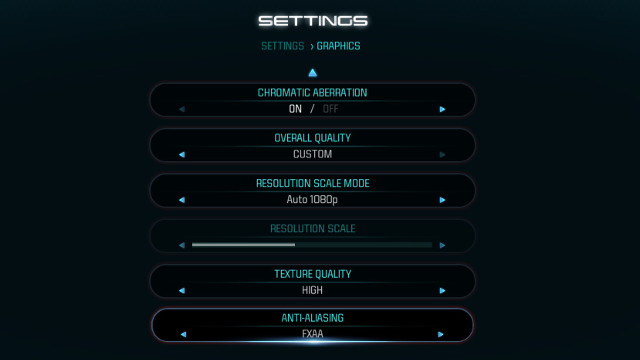
Mass Effect: Andromeda goes well beyond the status quo when it comes to graphics settings. Texture quality, texture filtering, lighting quality, shadows quality, effects quality, mesh quality, shader quality, terrain quality, and vegetation quality can all be configured across three or more parameters. Resolutions up to 4K are fully supported, and there is even a resolution scale mode for upscale/downscale purposes.
There are also settings for film grain, ambient occlusion, and chromatic aberration, which don't impact performance significantly, but do affect the presentation. In regards to anti-aliasing, both temporal AA and FXAA are supported, with the former being preferable of the two.
These settings provide a wide range of variation when it comes to hardware requirements and results. During testing we found noticeable changes when hopping between even the most minor adjustments of settings, from lighting to shaders. For the common PC this allows for simple compromises of performance versus graphics, requiring very little effort to arrive at a happy medium. In many cases, the game is accessible to older generation hardware, with the advertised minimum being a GTX 660.
Graphics and Animations
Third-party developers have seen incredible success during recent years when porting to PC. Mass Effect: Andromeda serves as yet another great example with stellar graphics and a respectable amount of polish.
From the moment the game begins, Mass Effect: Andromeda makes a strong impression. Characters are modeled with a high level of detail, from their face mappings to the fine qualities of their armor and clothing. Imperfections can be seen in the skin and gear of the cast, and subtle verbal and non-verbal cues are demonstrated during dialog. This is certainly next-gen Mass Effect.
World design is where Mass Effect: Andromeda earns its best marks. Interior sections and geography alike are rendered with incredible definition. There's a great sense of diversity in the landscapes, making them appear lifelike despite sometimes bordering on being linear and contrived. Even planets devoid of life with rocky, dark terrain come across as eye-pleasing thanks to the art team's efforts. Venturing from one planet to another is always a treat because of this.
Character animations are much better than mainstream stories would lead you to believe. Mass Effect: Andromeda's cast comes to life in many cutscenes, with movements that are far more complex than previous games in the franchise. It's the occasional misstep that has been cause for concern, and they are certainly in attendance; character expressions are occasionally bizarre, and movements can be wonky. However, these are seldom encountered, and the dozen or so gifs you've seen coursing through the internet are the most you'll see during your first 15~ hours.
Performance and Controls
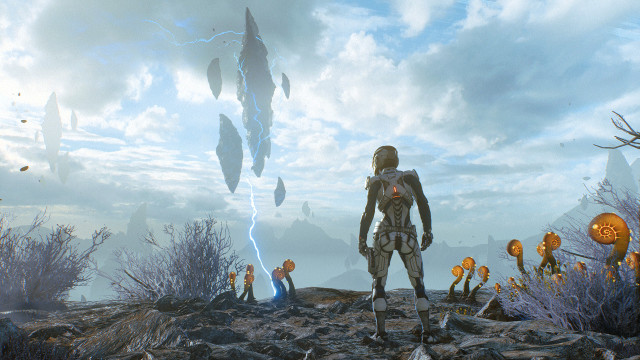
The PC version of Mass Effect: Andromeda is the only version to support 60 FPS. Made better, it's able to achieve this without high-end hardware thanks to the presence of a large number of settings.
On our test rig of an i5 3570k, 8GB of RAM, and GTX 1080, we were able to achieve 60 FPS running the game at 1440p more than 95% of the time. Frame rate drops presented themselves occasionally, particularly when entering a new area at a fast pace. There are also a small number of troublesome areas where two to three seconds of stuttering occurs, which counteracts the immersion. Thankfully, the majority of the experience is smooth and cohesive.
60 FPS does great things for Mass Effect: Andromeda. Combat and exploration happen at a faster pace here than prior games, and being able to see the world around you rendered more smoothly is a huge boon to the experience. This also applies to cutscenes, which aren't pre-rendered and 30 FPS locked like a game such as NieR: Automata. As a result, even the storytelling benefits from the higher FPS standard.
In regards to controls, Mass Effect: Andromeda is one of a very small number of ports that you can advisably play with a keyboard and mouse or controller. Mouse aiming is precise and doesn't suffer from software-introduced input lag like many other third-person shooters on PC. Meanwhile, the large number of keys available on a keyboard synergize well with Mass Effect: Andromeda's skill and weapon-rich gameplay. In regards to controller input, the game plays just as it does on its console counterparts, which is a great thing.
Conclusion
BioWare clearly paid a lot of attention to Mass Effect: Andromeda's PC port despite prior games selling far better on console. What's here demonstrates the studio's understanding of what's important to PC gamers, from numerous settings being available, to a presentation that simply wasn't possible the last time we saw Mass Effect.
I warp drived into Andromeda with low expectations, but emerged a fan. While many common complaints are absolutely true, such as the storytelling and animations being rough around the edges, the experience is successful in its mission of delivering the generation's first epic space opera. I can't wait to see what comes next.
-
Outstanding presentation is one of the best in PC gaming
-
60 FPS gameplay and cutscenes
-
Huge number of settings available with high variability
-
Solid keyboard & mouse and controller support
-
Inconsistencies in story and animation are distracting
-
Bland side content
Mass Effect: Andromeda PC Screenshots By Jonathan
-
Mass Effect: Andromeda PC Screenshots By Jonathan #1
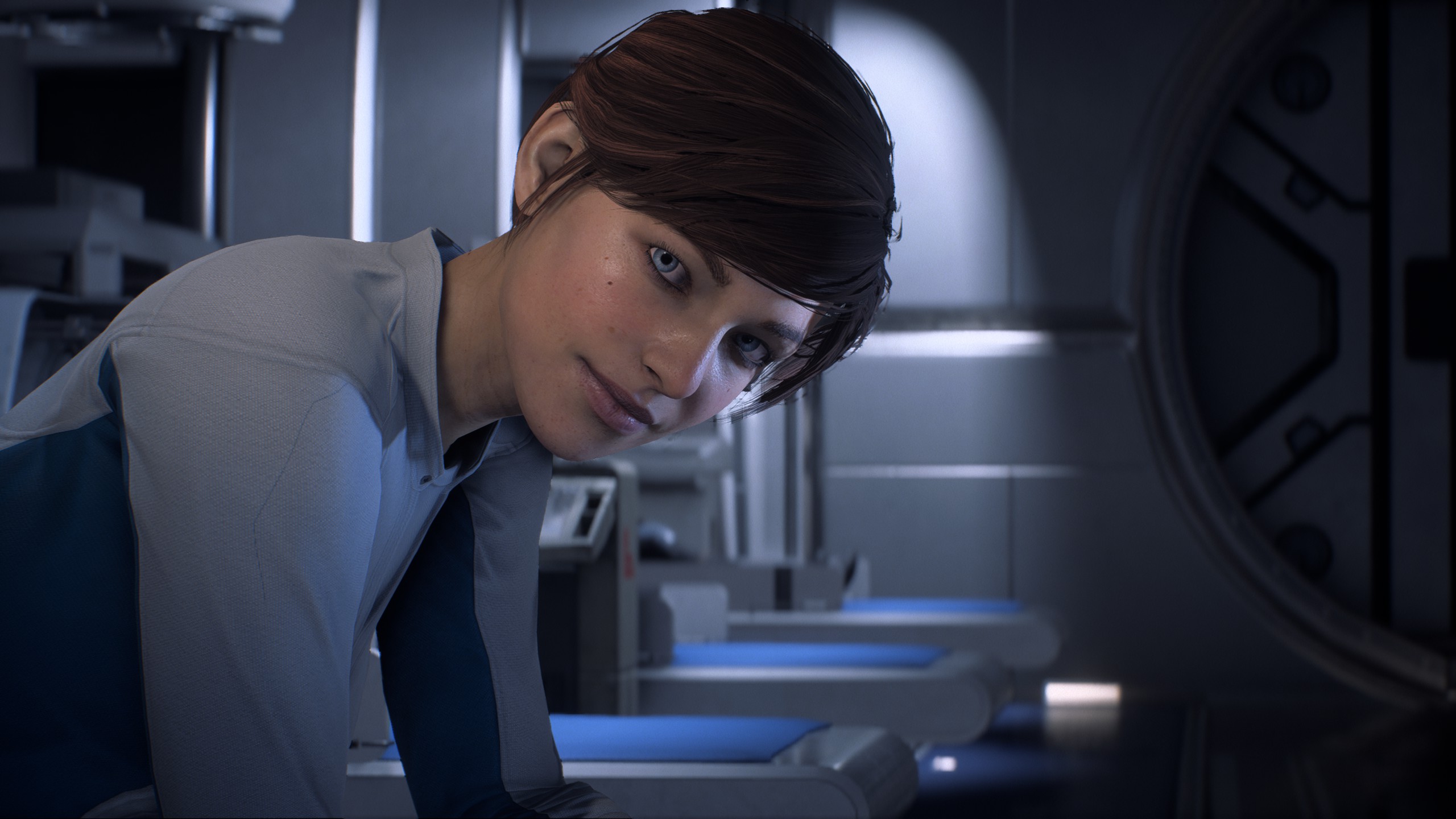
-
Mass Effect: Andromeda PC Screenshots By Jonathan #2
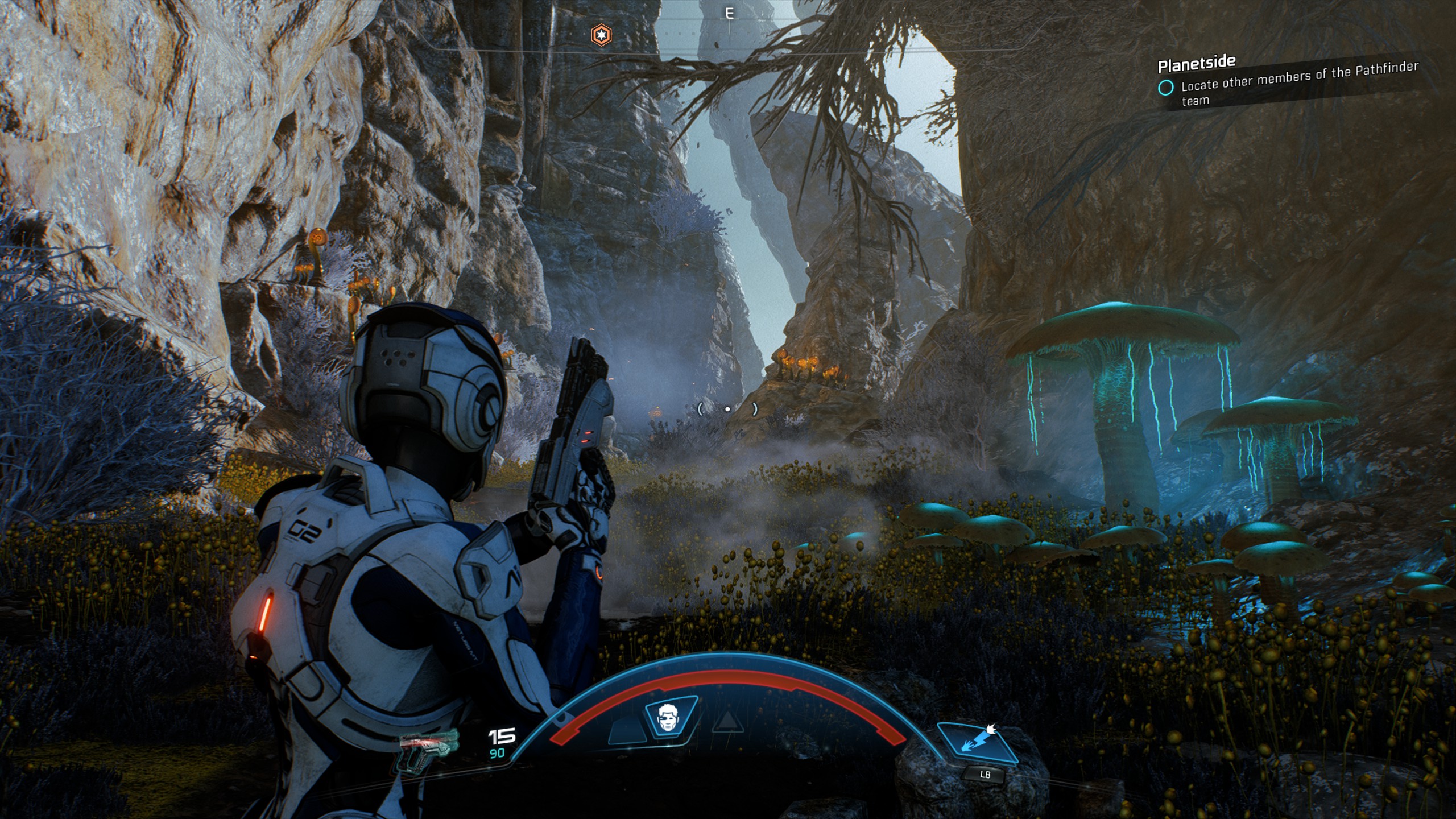
-
Mass Effect: Andromeda PC Screenshots By Jonathan #3
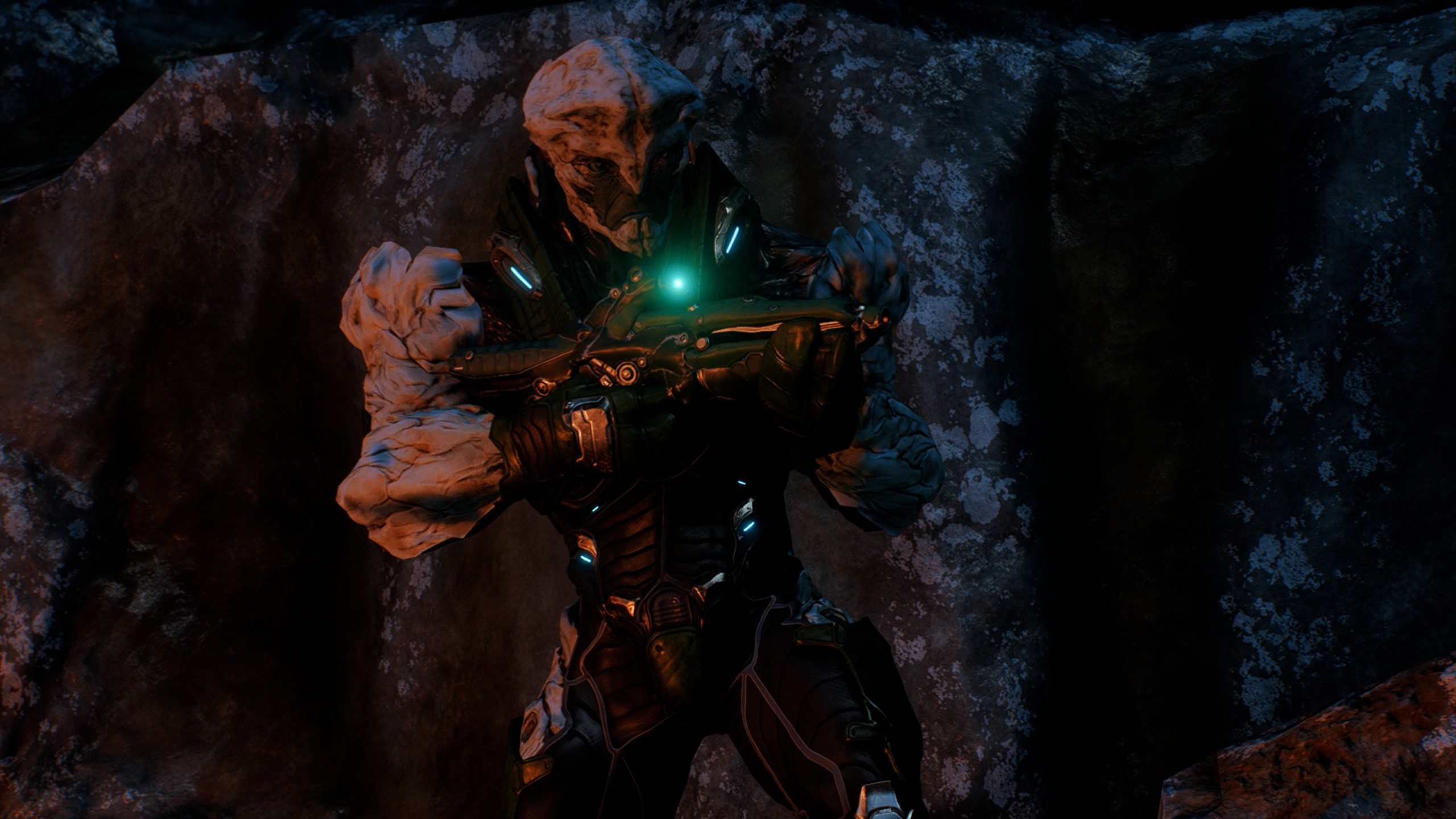
-
Mass Effect: Andromeda PC Screenshots By Jonathan #4
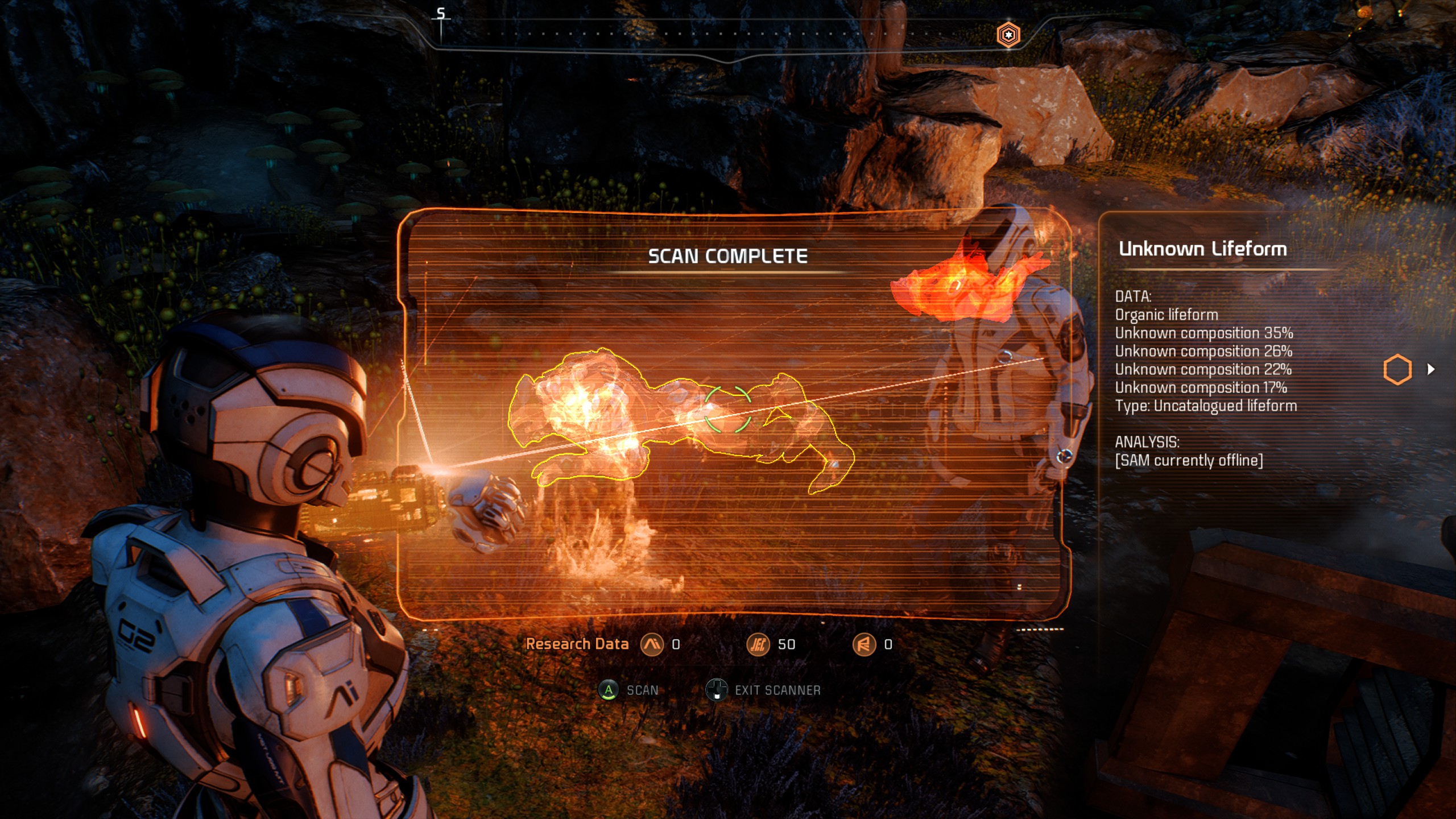
-
Mass Effect: Andromeda PC Screenshots By Jonathan #5
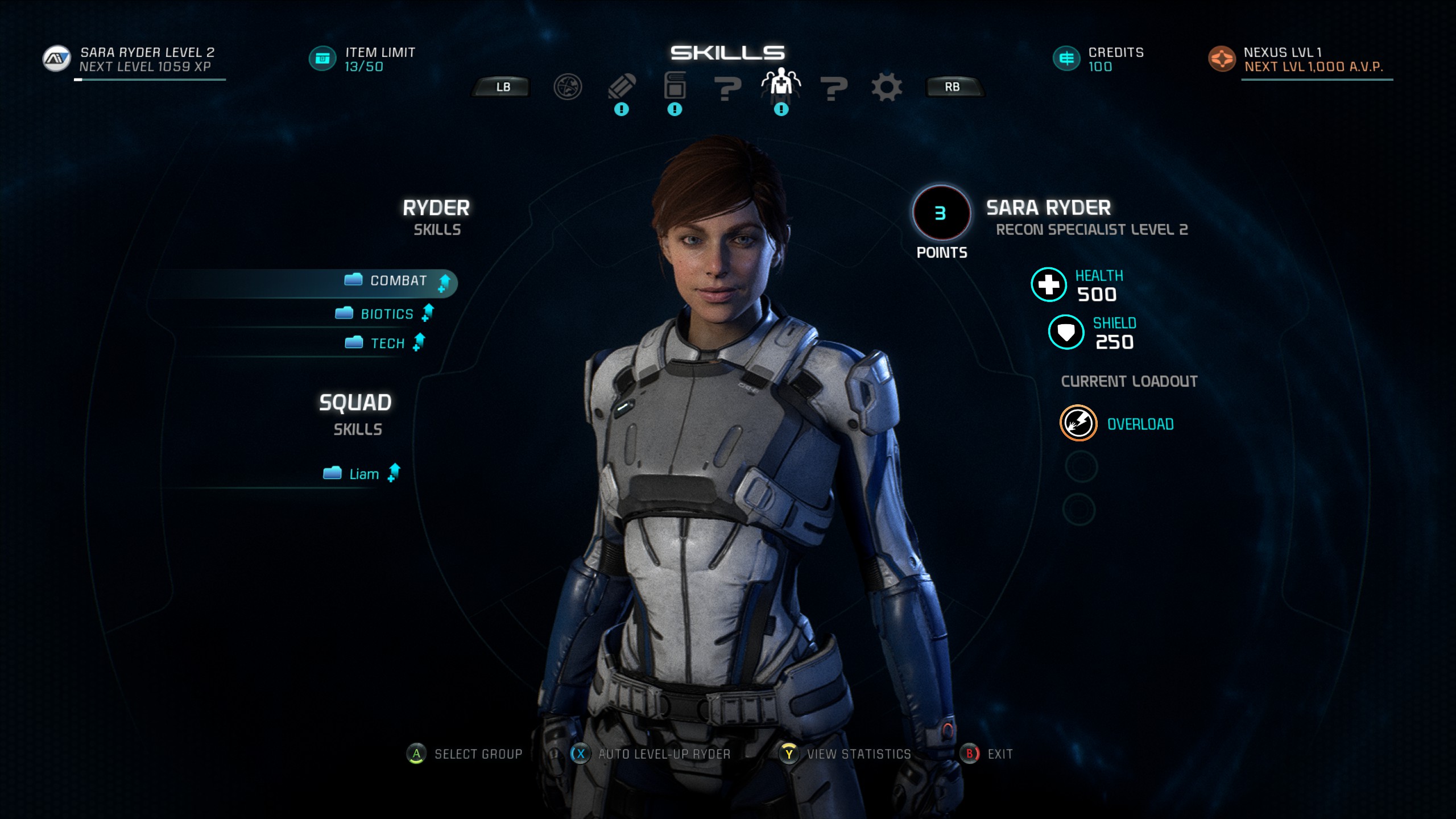
-
Mass Effect: Andromeda PC Screenshots By Jonathan #6
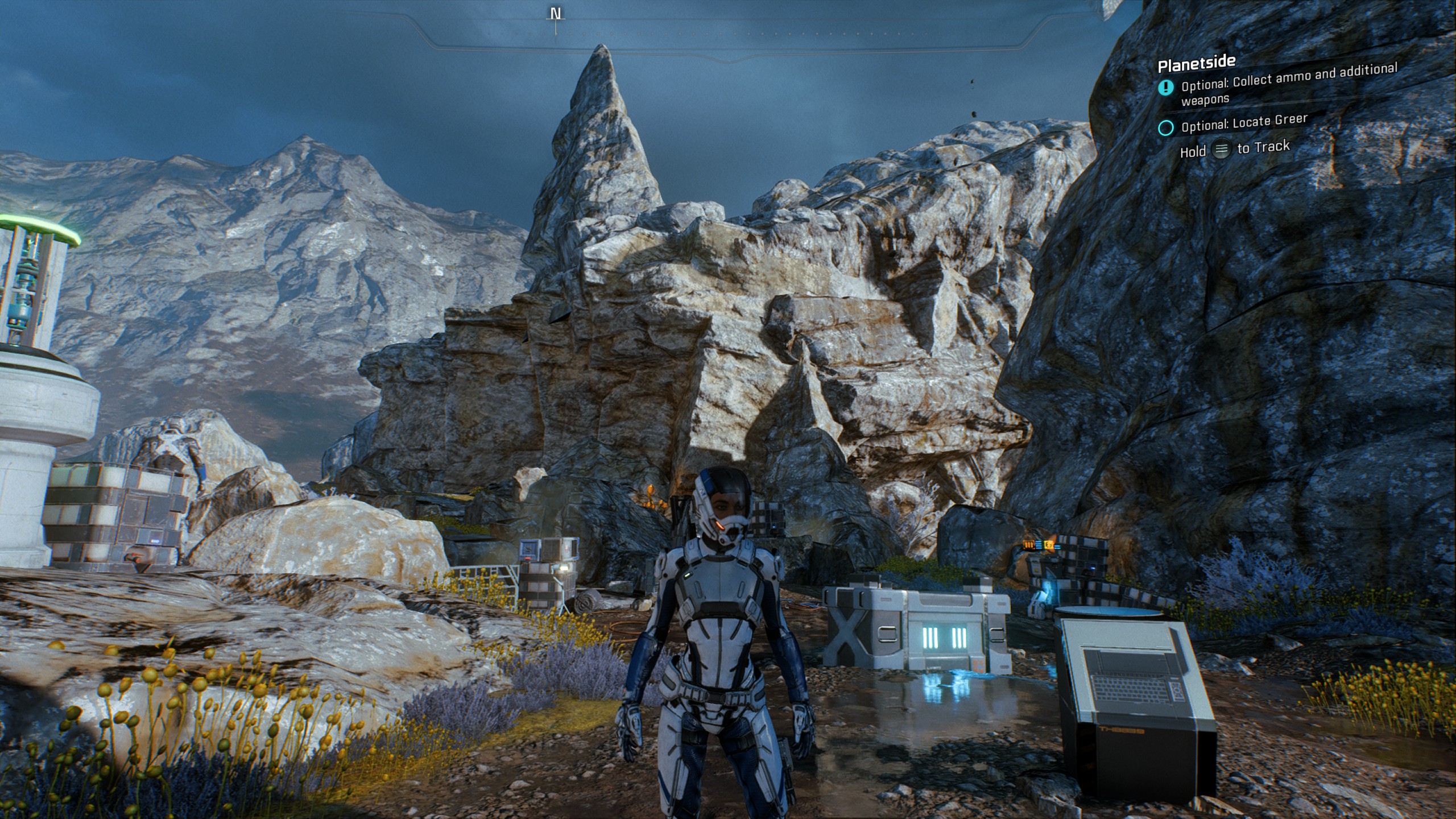
-
Mass Effect: Andromeda PC Screenshots By Jonathan #7
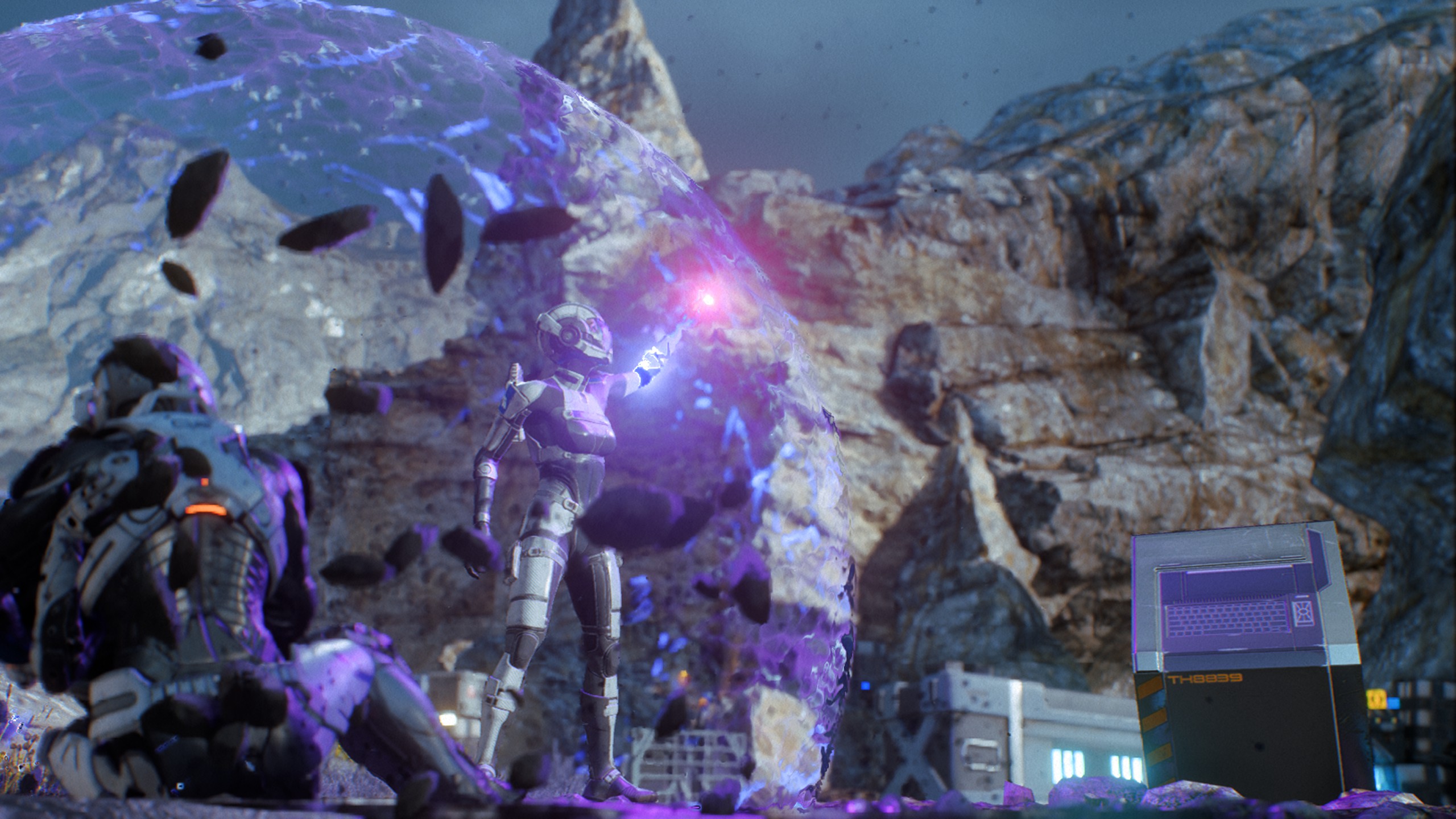
-
Mass Effect: Andromeda PC Screenshots By Jonathan #8
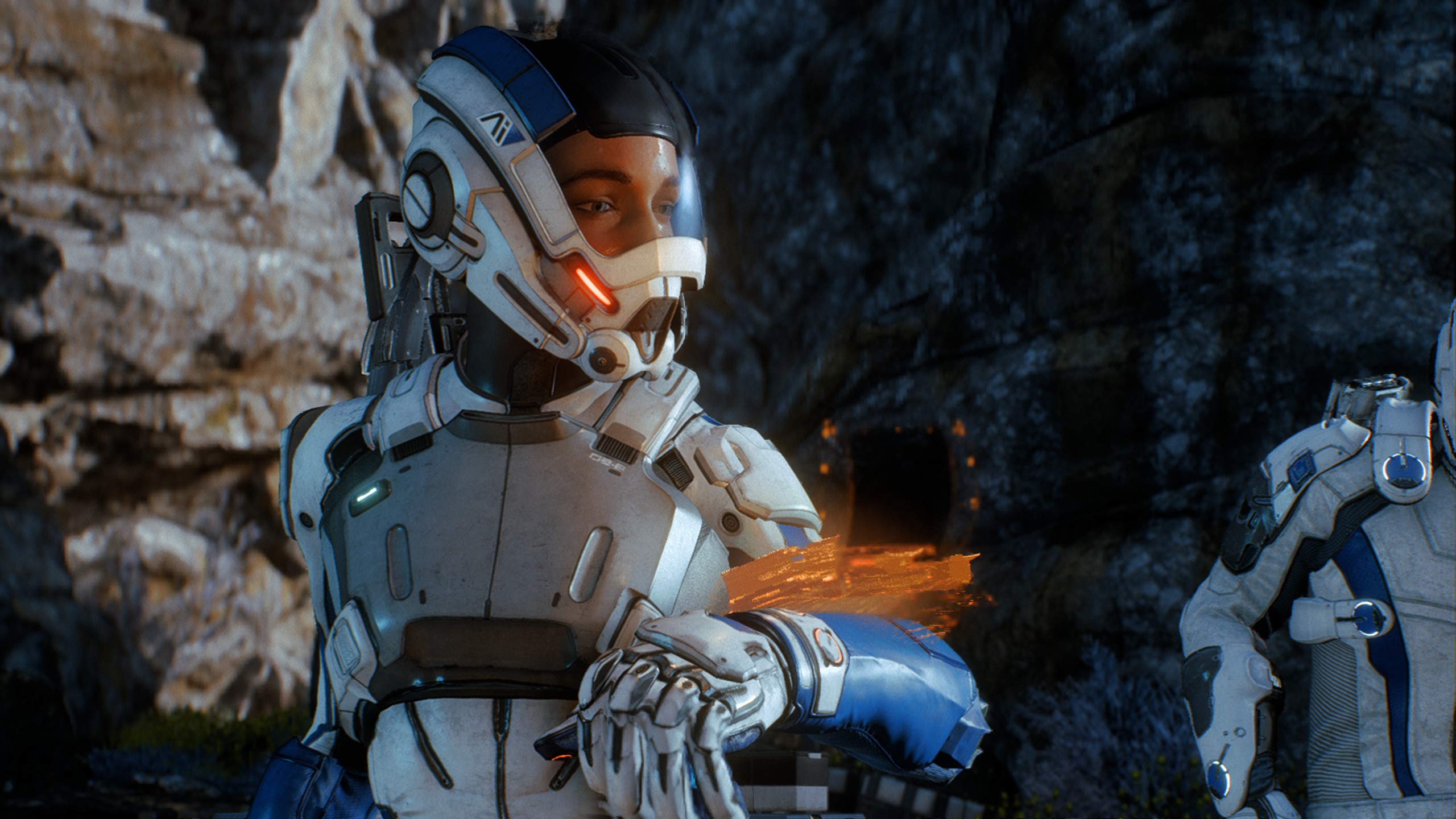
-
Mass Effect: Andromeda PC Screenshots By Jonathan #9
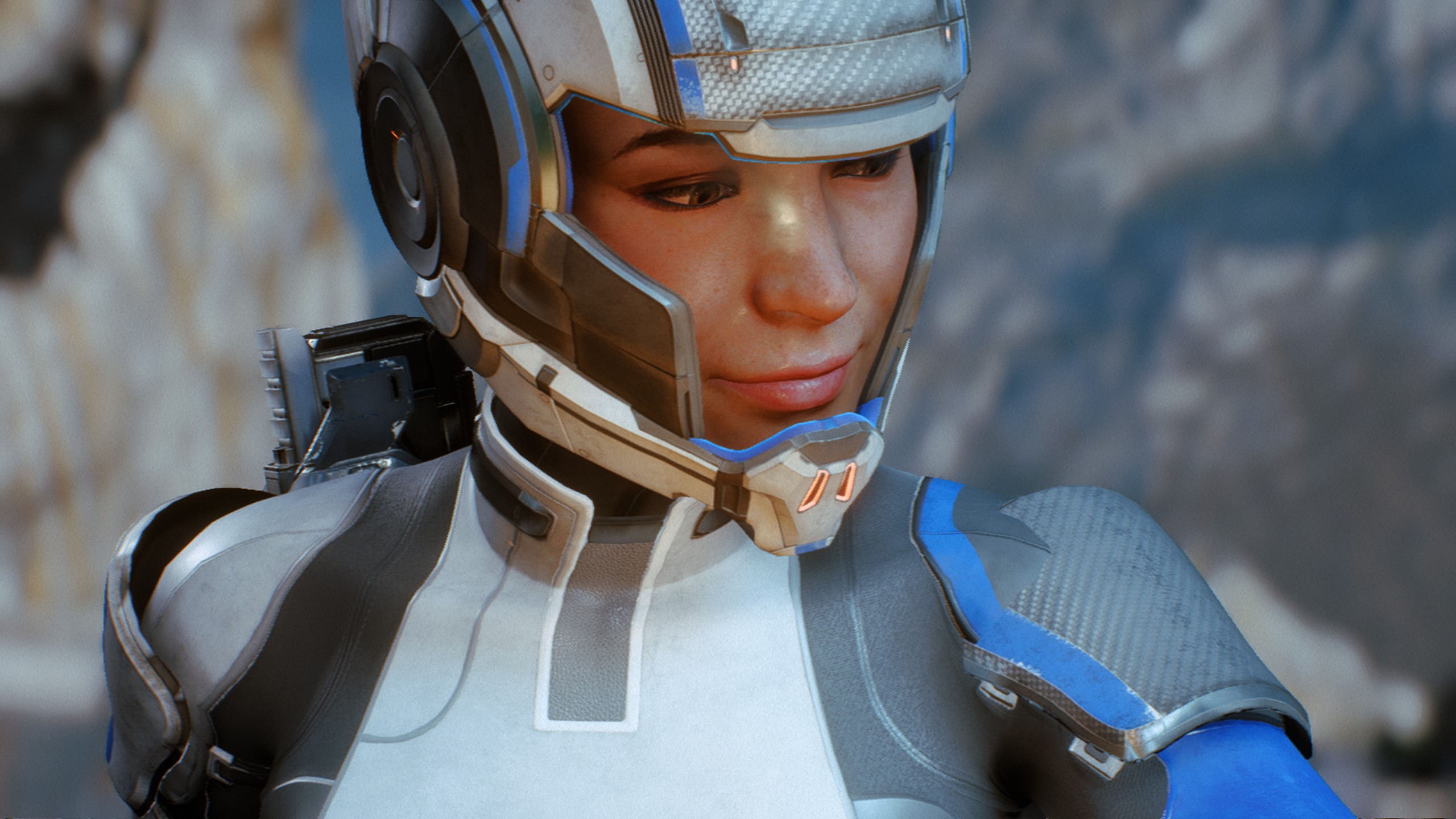
-
Mass Effect: Andromeda PC Screenshots By Jonathan #10
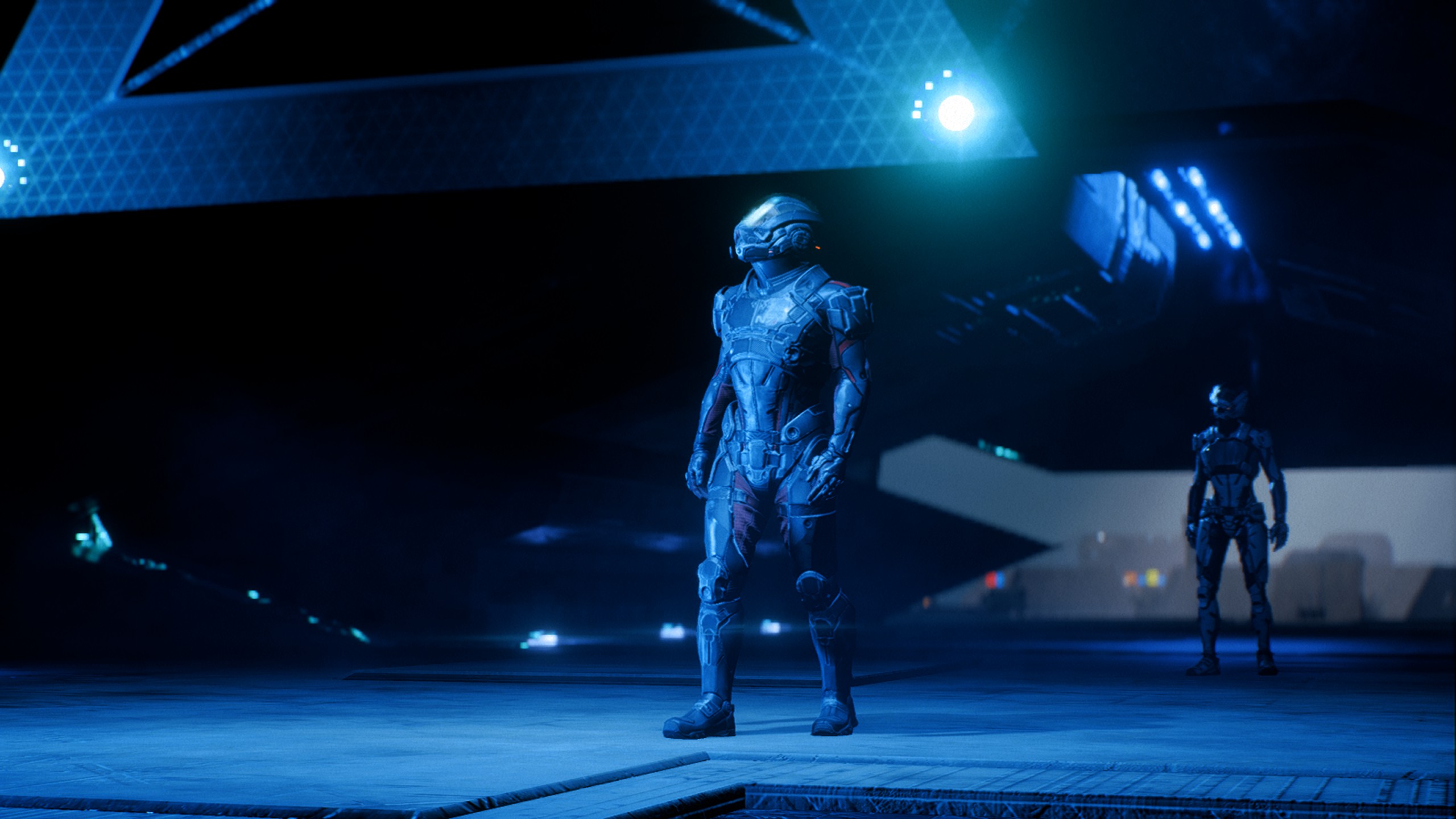
-
Mass Effect: Andromeda PC Screenshots By Jonathan #11
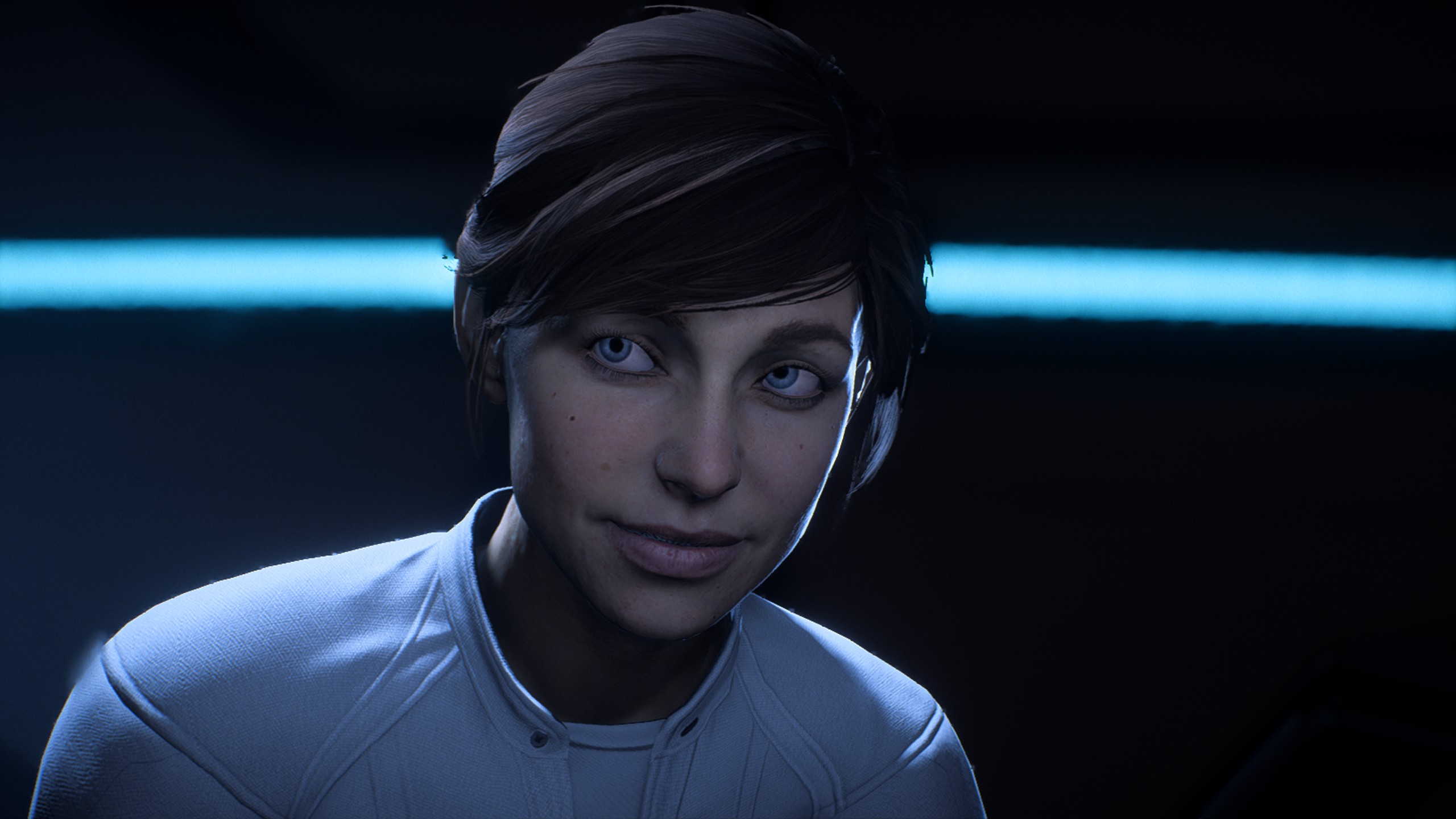
-
Mass Effect: Andromeda PC Screenshots By Jonathan #12
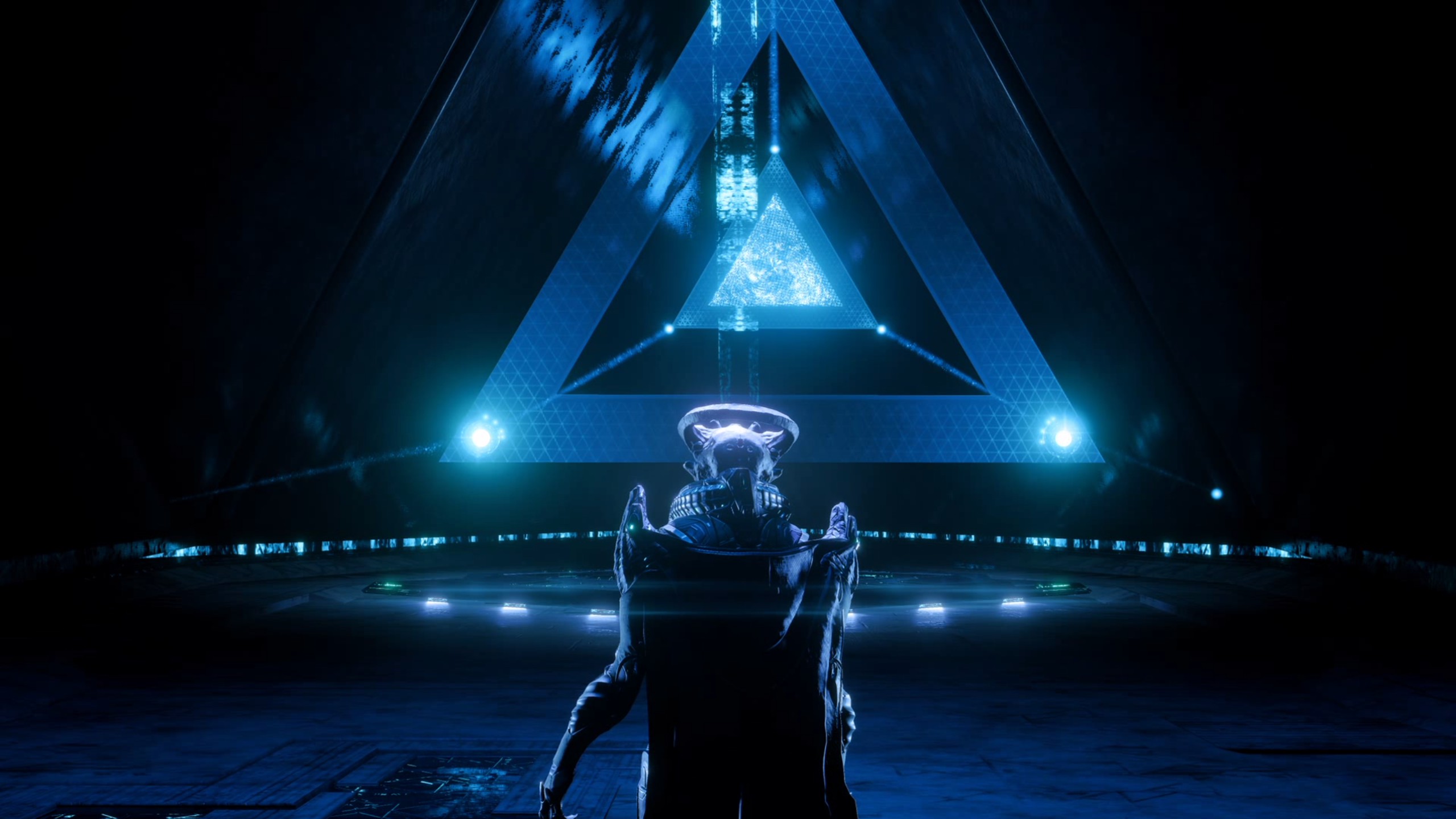
-
Mass Effect: Andromeda PC Screenshots By Jonathan #13
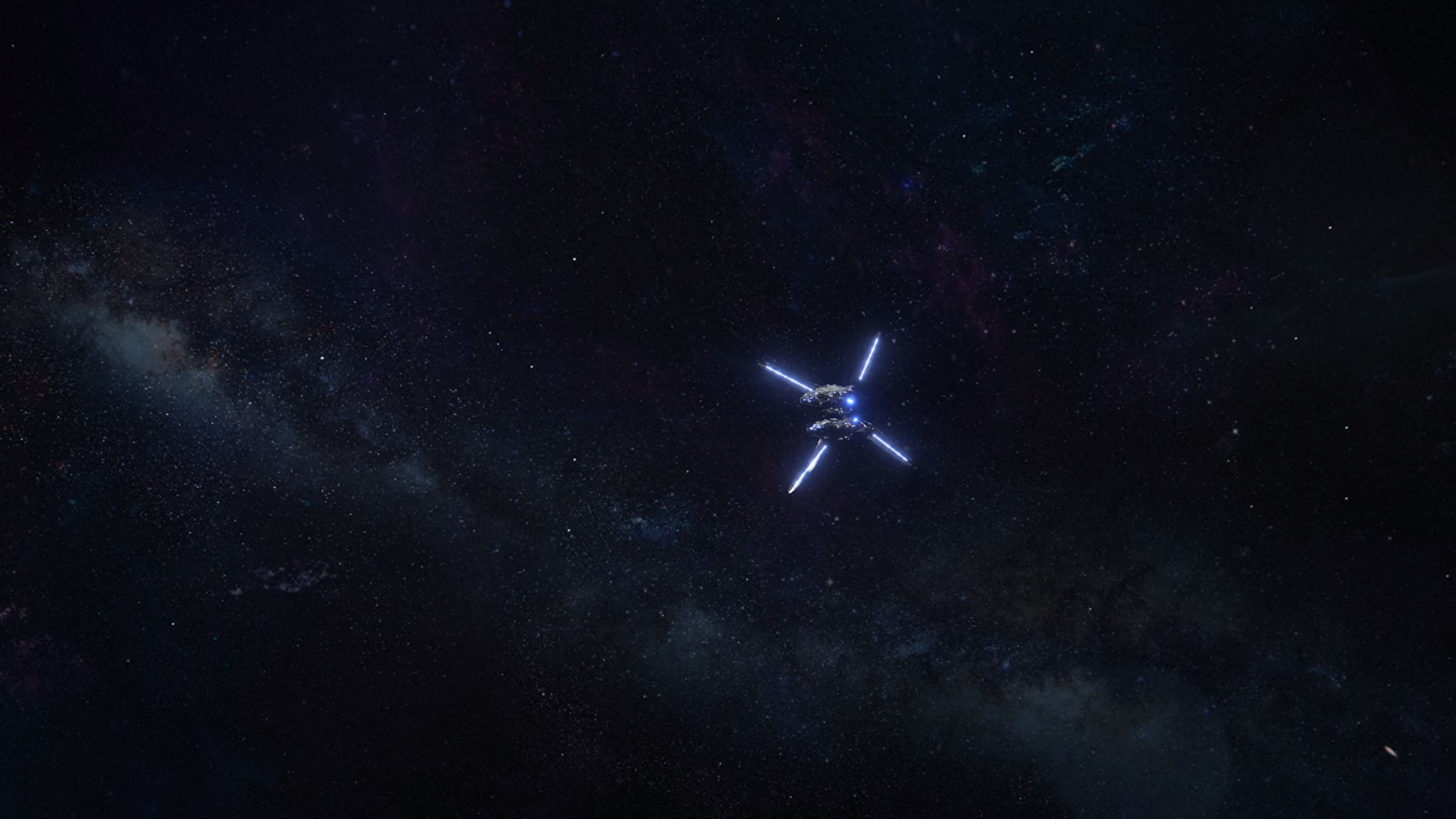
-
Mass Effect: Andromeda PC Screenshots By Jonathan #14
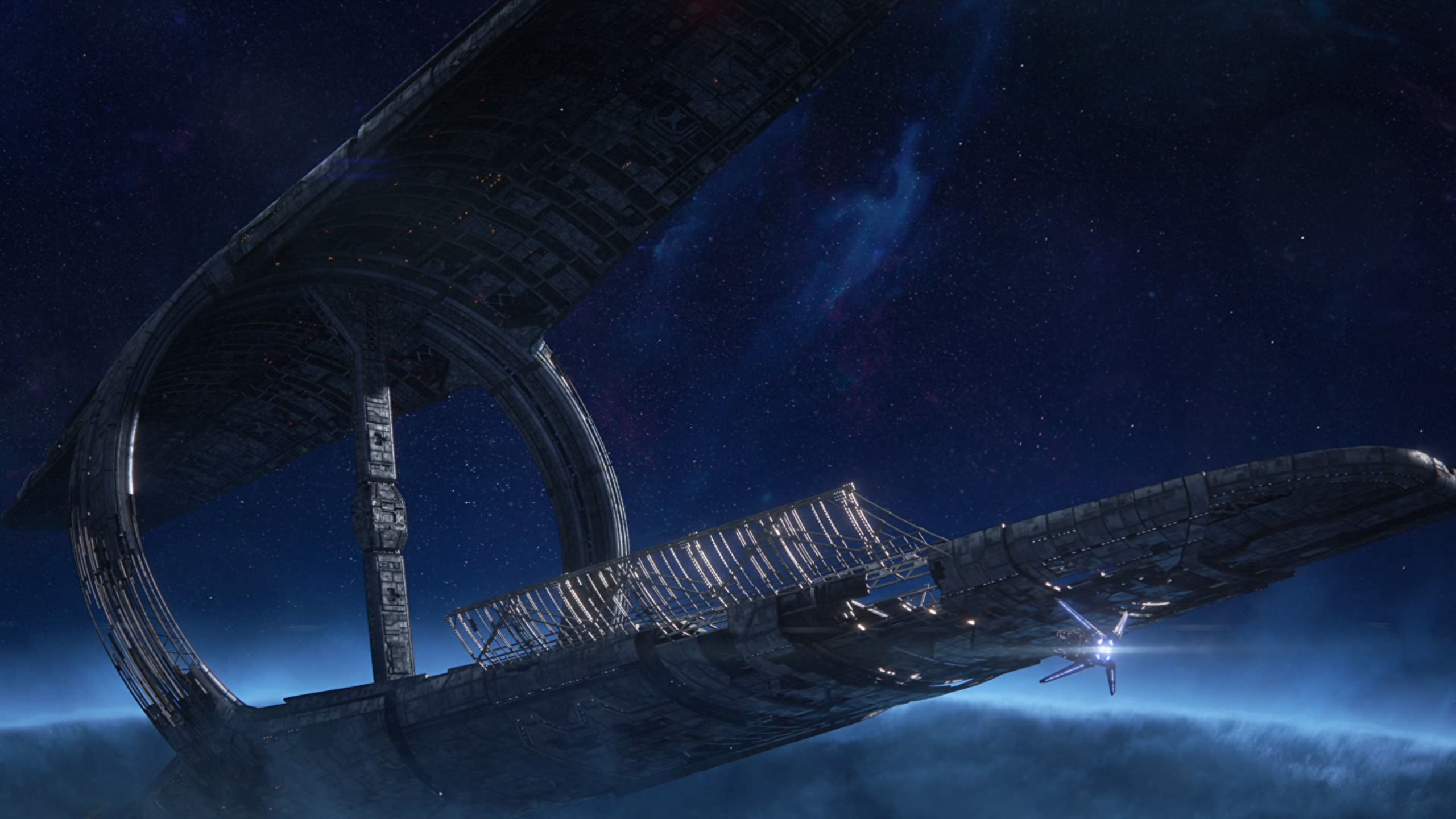
-
Mass Effect: Andromeda PC Screenshots By Jonathan #15
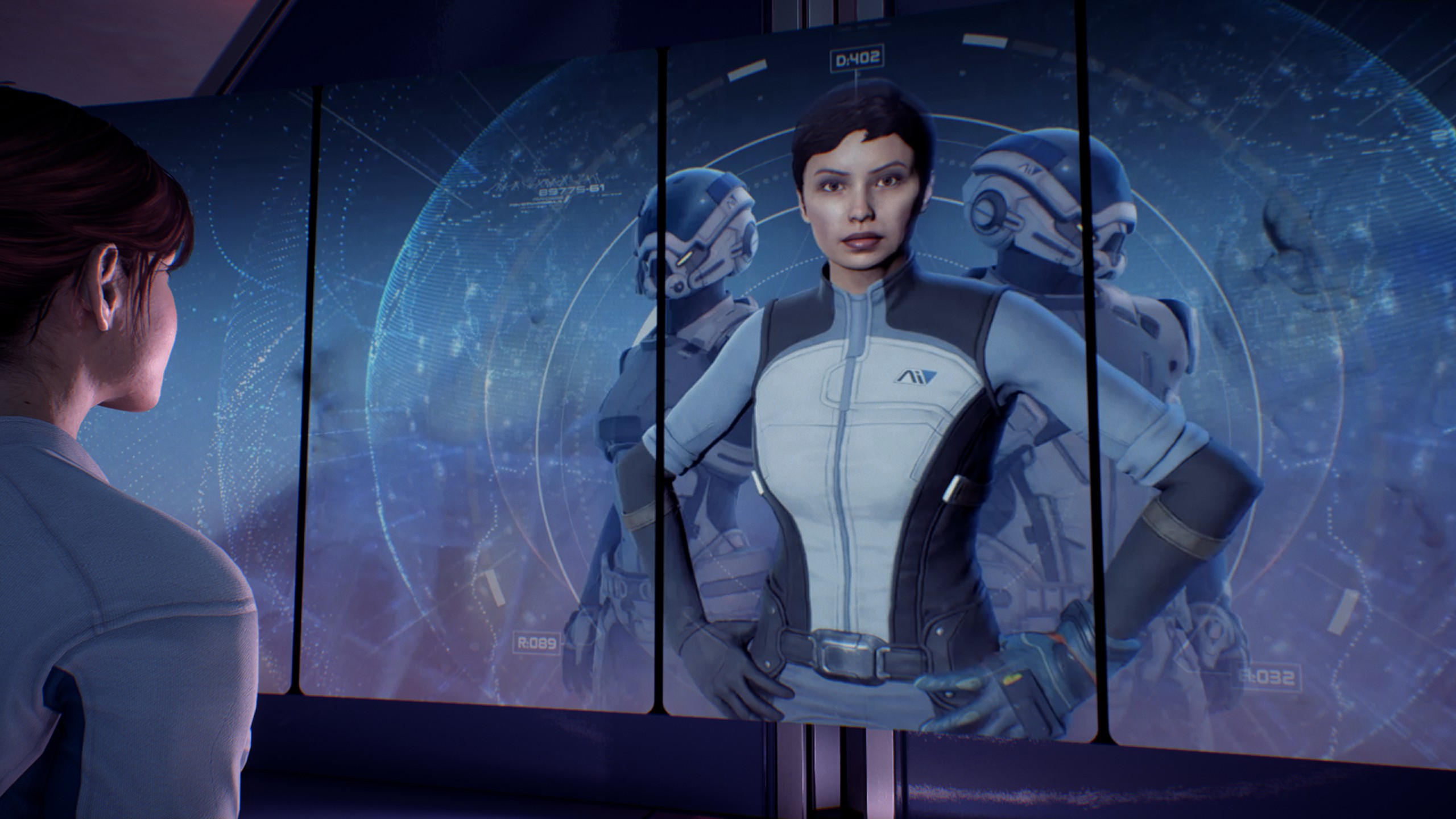
-
Mass Effect: Andromeda PC Screenshots By Jonathan #16
